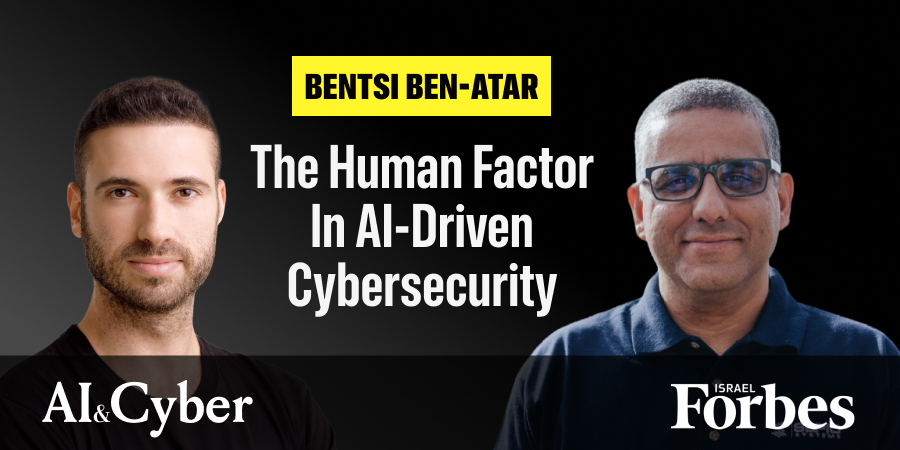When we talk about AI in cybersecurity, most of the conversation revolves around code, payloads, and machine-speed automation. But what if the most critical threat vector—and the biggest opportunity—isn’t technological at all? That was the theme of my conversation with Bentsi Ben Atar, Co-Founder and Chief Marketing Officer at Sepio. With a background as VP Product and CTO, Bentsi now leads go-to-market strategy at a company building Zero Trust for the one layer often overlooked: hardware.
Sepio’s approach is surgical. Instead of focusing solely on networks, users, or applications, they ask: “Is this physical device what it says it is? And is anything tampering with it behind the scenes?” In a world where hardware-based supply chain attacks are no longer theoretical, that kind of assurance is essential. Sepio doesn’t rely on scanning or probing. Instead, it operates at the physical layer, identifying devices by their electrical DNA—offering visibility that’s protocol-agnostic, passive, and absolute.
But the most striking part of my conversation with Bentsi wasn’t about product. It was about people. “Every cybersecurity company is targeting the same handful of buyers,” he told me. “And they’re exhausted. They’re not even reachable anymore.” The old tactics—mass email campaigns, SEO blitzes, LinkedIn DMs—are now just noise. If everyone’s talking, no one’s listening.
Bentsi’s answer? Precision. Sentiment analysis. Deep personalization. He even recruits his teenage son to help scrape and analyze social signals. “It’s not polished, but it’s accurate,” he laughed. “He sends me insights over Discord.” The takeaway is serious: success doesn’t come from doing more outreach—it comes from doing smarter outreach. From knowing what someone cares about before you ever reach out.
That mindset extends to how Sepio runs its business. When they target a potential partner, they treat it like a mission. One chance. One message. One moment of trust. “When you pick your target,” Bentsi said, “you have one shot. You need maximum context to land it.”
It’s not just go-to-market strategy—it’s cyber strategy. In a world full of AI-generated noise, authenticity becomes the rarest asset. Sepio’s vision of hardware-level Zero Trust is really about confidence: in the devices we use, and in the people we work with. And it’s no accident that AI plays a role on both sides. Attackers use AI to accelerate phishing, automate fraud, and scale fake personas. But defenders can use the same tools to detect patterns, predict behavior, and reach people in a smarter, more human way.
What stuck with me most was Bentsi’s take on what really drives trust. “It’s not the features,” he said. “It’s whether they believe you. Whether you look them in the eye and they feel safe.”
In the cybersecurity world, we talk a lot about Zero Trust for infrastructure. But Bentsi reminds us that the biggest leap forward might come from bringing that same principle to communication. Trust no assumptions. Validate every message. Deliver with empathy and intelligence.
AI is not the enemy. It’s the amplifier. And those who use it not to blast louder—but to speak more clearly—will be the ones who break through.
Michael Matias is the CEO and Co-Founder of Clarity, an AI-powered cybersecurity startup backed by venture capital firms including Bessemer Venture Partners and Walden Catalyst. Clarity develops advanced AI technologies protecting organizations from sophisticated phishing attacks and AI-generated social engineering threats, including deepfakes. Before founding Clarity, Matias studied Computer Science with a specialization in AI at Stanford University and led cybersecurity teams in Unit 8200 of the Israel Defense Forces. Forbes Israel recognized him early on, naming him to the exclusive 18Under18 list in 2013 and the Forbes 30Under30 list thereafter. Matias authored the book Age is Only an Int and hosts the podcast 20MinuteLeaders.





